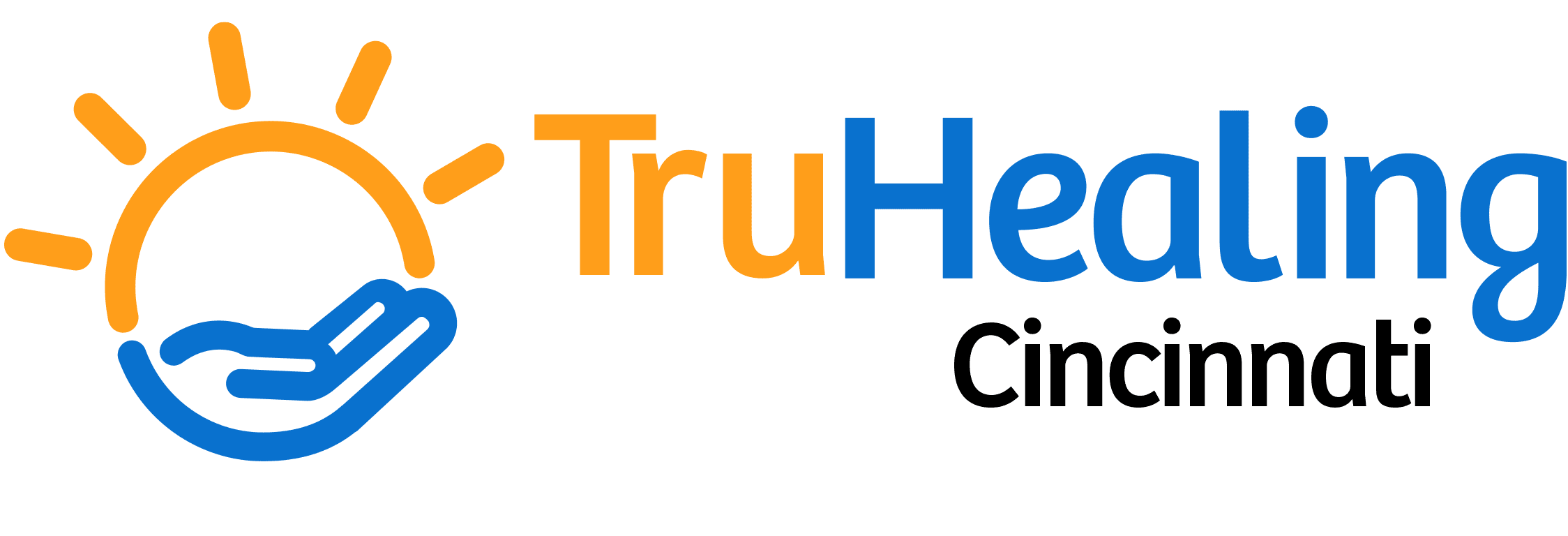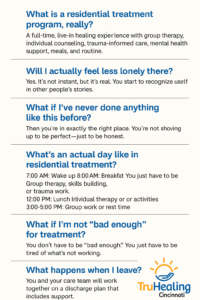There’s a loneliness that hits in early sobriety that no one really warns you about. You’re not drinking. You’re not using. But you’re also not laughing at the same jokes, not texting the same people, not showing up at the same places.
It’s not just that the substances are gone—it’s that your sense of belonging seems to vanish too.
If that’s where you are right now, this is for you.
If you’re asking, “What’s the point if I just feel empty?”—this is for you too.
Because the truth is, healing isn’t just about detoxing your body. It’s about reconnecting with yourself, with other people, with the parts of you that got left behind in the chaos. And one of the places where that kind of connection gets rebuilt—awkwardly, slowly, but deeply—is in a residential treatment program in Cincinnati.
Let’s talk about what it’s really like. No buzzwords. No sugarcoating. Just real answers to the questions that matter when you’re newly sober and struggling to feel human again.
What is a residential treatment program, really?
Forget what you’ve seen in movies. A residential treatment program isn’t a punishment. It’s not rehab jail. It’s not a bunch of strangers doing trust falls in the woods.
At TruHealing Cincinnati, a residential program is a full-time, live-in healing experience. It gives you the space and structure to detox if needed, then dive into the work of recovery—safely, supported, and surrounded by people who are walking through it too.
You get group therapy, individual counseling, trauma-informed care, mental health support, meals, and maybe most underrated of all—routine. Structure. Days that make sense again.
Will I actually feel less lonely there?
Yes. But not in the fairytale way.
You might walk in feeling awkward. Defensive. Like you’re the only one who doesn’t know the script. And for a few days? That might be true. Everyone feels like that at first.
But something happens when you share a space with people who are also learning how to live without numbing. You start to recognize yourself in their stories. You start to laugh at stuff you thought you’d buried. You start to feel… seen.
It’s not instant. But it’s real.
What if I’ve never done anything like this before?
Then you’re in exactly the right place.
Most people in residential treatment haven’t done this before. You won’t be the only one who feels like they’re reading from the wrong recovery manual. That’s why it works. You’re not showing up to be perfect. You’re showing up to be honest.
Your only job on day one is to arrive.
What’s an actual day like in residential treatment?
Here’s a typical day breakdown—not polished, just honest:
- 7:00 AM: Wake up. Yes, every day. You’ll hate it, then love it.
- 8:00 AM: Breakfast with the group. It’s weird how fast you get used to having people around.
- 9:00–12:00 PM: Group therapy, skills building, or trauma processing (depending on your plan).
- 12:00 PM: Lunch. Probably more veggies than you’d normally eat.
- 1:00–3:00 PM: Individual therapy, journaling, activities.
- 3:00–5:00 PM: More group work or rest time.
- 6:00 PM: Dinner and maybe a speaker meeting or reflective time.
- 9:00 PM: Wind down, maybe talk with roommates or read something that isn’t chaos.
- 10:00 PM: Lights out. And yes, sleep actually shows up once your body remembers how.
It’s structured. It’s stable. It’s the kind of safe that lets your nervous system finally exhale.
What if I’m not “bad enough” for treatment?
You don’t have to be “bad enough.” You just have to be tired of what’s not working.
Maybe you haven’t had a public meltdown or a medical emergency. Maybe you’re a high-functioning pro who drinks in secret. Maybe you’ve just been spiraling in silence. That counts.
There’s no scorecard. If your relationship with substances is getting in the way of your life—or your ability to feel your life—then a residential treatment program could be right for you.
If you’re local to Lexington, Kentucky or Springfield, Ohio, TruHealing offers help that meets you exactly where you are.
I’m scared I won’t connect with anyone. What then?
Totally fair. Vulnerability is terrifying—especially when you’re used to hiding everything behind a smile, a drink, or a busy schedule.
But here’s the truth: connection doesn’t require being the loudest in group or having the worst story. It starts with tiny moments—nodding when someone says something that hits, opening up about a hard night, sharing music or snacks or tears.
You don’t need a personality transplant. You just need a little room to be real.
What happens when I leave?
You don’t just get handed a pamphlet and kicked out the door.
At TruHealing Cincinnati, discharge planning starts while you’re still in the program. You’ll talk with your care team about next steps—maybe that’s stepping down to outpatient treatment, finding sober housing, staying connected through alumni support, or starting with a therapist closer to home.
The goal is to build a bridge, not a cliff.
How soon can I start?
If you’re reading this and your heart’s pounding a little, that’s probably your cue.
Call now. Ask questions. You don’t have to commit to a whole life plan—just take the next step.
Will this fix me?
Here’s the honest answer: You’re not broken. So you don’t need to be fixed.
What treatment gives you isn’t some new identity. It’s a mirror. A safe place to see yourself clearly. And maybe, for the first time, with softness.
Still Wondering If It’s Worth It?
Ask yourself this:
- Are you tired of pretending everything’s fine?
- Do you miss yourself?
- Is the loneliness starting to feel heavier than the pain of change?
If the answer is even maybe, don’t wait for perfect clarity. Let the question itself be enough.
Ready to Talk?
Call (888) 643-9118 to learn more about our residential treatment program services in Cincinnati, Ohio.
You don’t have to do early recovery in the dark. There’s light here. There’s rest. There’s connection waiting for you.


